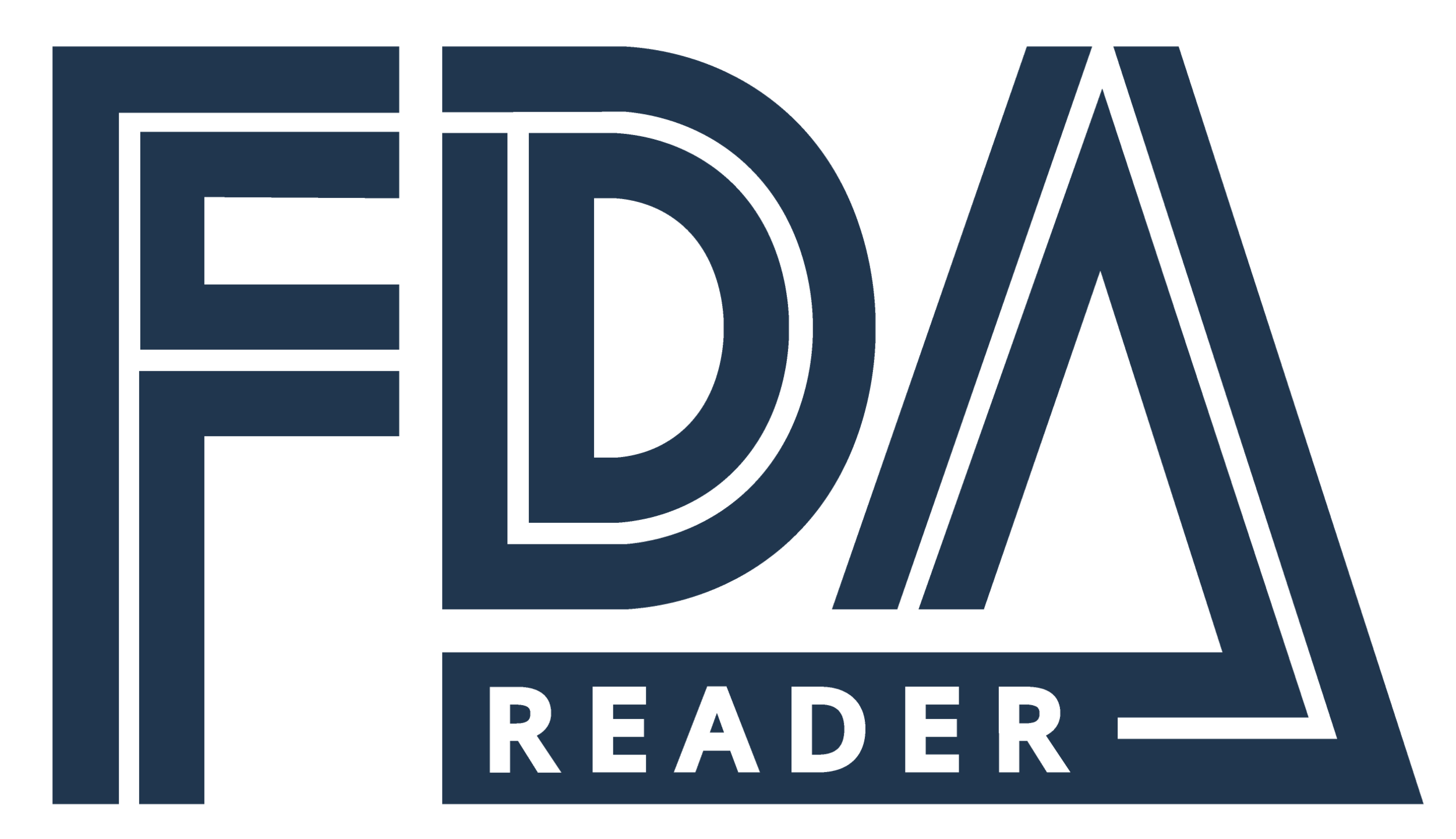What You Need to Know:
The USDA regulates the production of meat, poultry and egg products. USDA-regulated businesses are required to have a USDA inspector onsite at all times.
The FDA regulates the production of everything else (non-meat foods, unusual meats, and fish products). No inspector is required onsite during production.
A business that conducts activities falling under both umbrellas is regulated by both agencies.
Food produced and sold in a retail environment (i.e. restaurant, deli) is not typically regulated by either the USDA or the FDA.
“How to determine food business jurisdiction: Start with USDA. If you can’t positively identify how it falls under USDA jurisdiction, then it’s regulated by the FDA.”
Determining USDA Jurisdiction
The USDA typically regulates the following business types:
Slaughterhouses
Meat Processors*
Poultry Processors*
Egg Processors
Food processors whose products contain meat*
Food products with the following characteristics are regulated by the USDA.
Contains >2% cooked meat
Contains >3% raw meat
Contains >2% cooked poultry meat
Contains >10% cooked poultry skins
*For more detail, see the tables below
Examples of Business Regulation
| Business | Description of Operations | Federal Jurisdiction |
|---|---|---|
| Meat Product Processor | Producer of frozen meat pies, bone broth, steak delivered via mail | USDA |
| Poultry Product Processor | Poultry processor | USDA |
| "Egg Product" Processor | Producers dried, frozen, or liquid eggs | USDA |
| Egg processing plant | Egg washing, sorting, packing | FDA |
| Slaughterhouse | Slaughter and processing of carcasses for sale. *Slaughter for personal consumption is not regulated by the USDA | USDA |
Examples of Food Product Regulation
| Misc Products | Regulator |
|---|---|
| Spaghetti Sauce (2% meat) | FDA |
| Sliced Egg sandwich (closed face) | FDA |
| Shrimp flavored instant noodles | FDA |
| Venison Jerky | FDA |
| Closed Face Sandwiches | FDA |
| Meat Products | Regulator |
|---|---|
| Cow | USDA |
| Sheep | USDA |
| Pig | USDA |
| Horse | USDA |
| Mules | USDA |
| Egg Related Products | Regulator |
|---|---|
| Dried Eggs | USDA |
| Frozen Eggs | USDA |
| Liquid Eggs | USDA |
| Egg Substitutes | FDA |
| Dried Custard Mixes | FDA |
FAQ
What does the USDA inspector do?
The USDA inspector inspects:
Slaughtered animals to confirm they were healthy
Sanitation conditions of a plant
Operations to confirm that they align with the firm’s HACCP plan
Product is correctly labeled and packaged to be transported
What it FSIS?
The Food Safety and Inspection Service (FSIS) is the inspection arm of the USDA. So if you see the term FSIS, think USDA.















